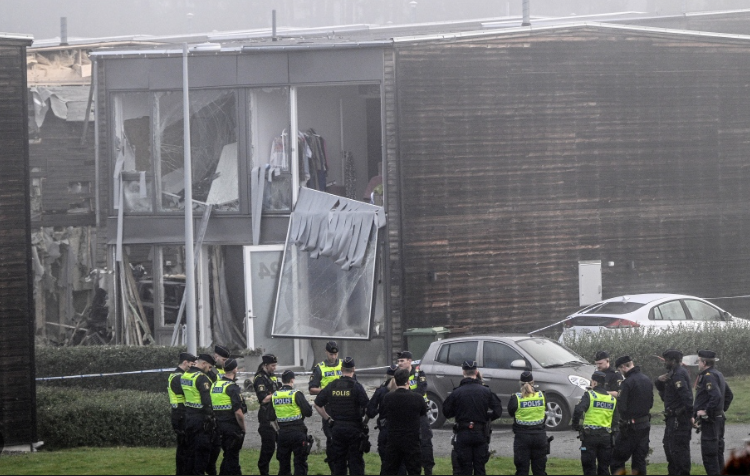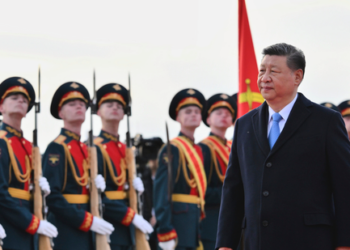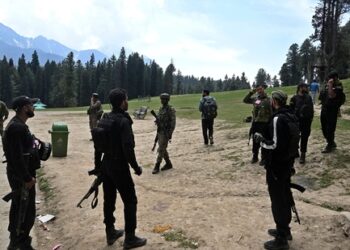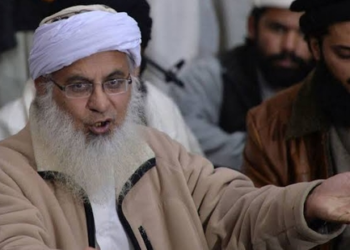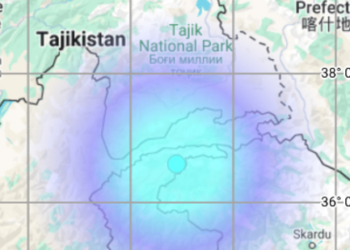In a rare televised address to the nation, Prime Minister Kristersson acknowledged the gravity of the situation, emphasizing that “this is a difficult time for Sweden.” He expressed deep sorrow over the loss of life, particularly the innocent victim of the Uppsala explosion, and pledged to take strong measures to combat gang-related violence. “We will hunt the gangs, we will defeat the gangs,” he declared.
Prime Minister Kristersson leads a centre-right minority government, formed after last year’s election with the support of the populist and anti-immigrant Sweden Democrats. Their victory marked the end of eight years of Social Democrat-led governments in Sweden. One of the central promises of his coalition was to address the growing gang violence in the country.
The government has introduced a series of initiatives aimed at curbing gang violence, including granting greater powers to the police and imposing harsher penalties for gun-related crimes. However, these measures have yet to yield the desired impact. In his address, Kristersson attributed the current crisis to past governments, characterizing it as a result of “irresponsible immigration policy and failed integration.”
Sweden had maintained liberal immigration policies for decades and had taken in more immigrants per capita than any other European nation during the 2015 migration crisis. Subsequently, these policies were reversed by the former Social Democrat-led government but have been further tightened by Kristersson’s administration. Approximately 20% of Sweden’s 10.5 million residents were born abroad.
Earlier on the same day, the opposition Social Democrats, the largest party in parliament, called on the government to amend the law to enable the military’s involvement in addressing gang violence. Social Democrat leader Magdalena Andersson emphasized that the current situation was not reflective of Sweden’s values, stating, “This is not Sweden, this is not how Sweden is supposed to be.”
Prime Minister Kristersson responded to the crisis by summoning the National Police Commissioner and the Supreme Commander of the Armed Forces to assess available options. The police estimate that around 30,000 individuals in Sweden are directly involved with or have ties to gang-related activities. Notably, the violence has expanded from major urban areas to smaller towns where violent crime had previously been uncommon.
Earlier in the week, a tragic incident occurred in Sandviken, where two people were fatally shot and two others were injured when a gunman opened fire at a bar. With 11 shooting deaths recorded in September, the month has become the deadliest in Sweden since December 2019.
National Police Commissioner Anders Thornberg underscored the gravity of the situation, labelling criminal conflicts in Sweden as a “serious threat to the safety and security of the country.” He reaffirmed the commitment of law enforcement agencies to put an end to the ongoing violence and protect the innocent.


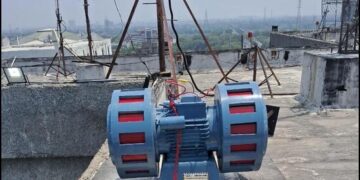

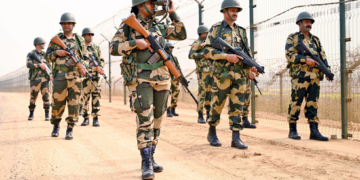
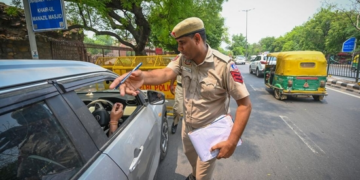
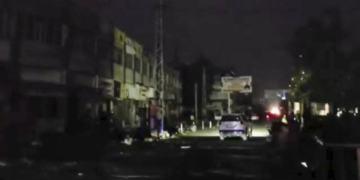
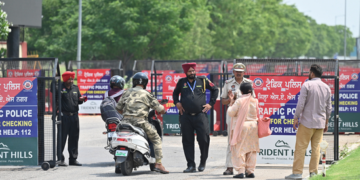
 India
India
